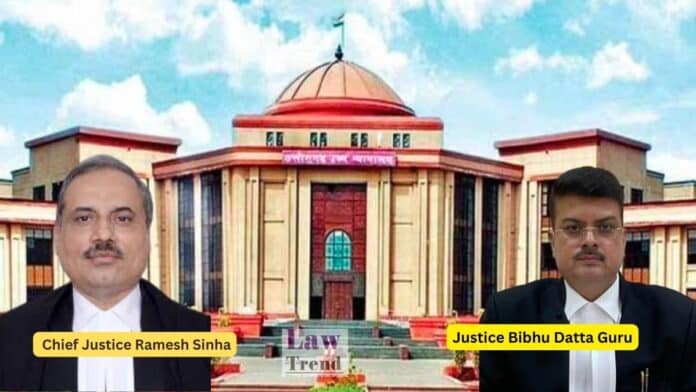The High Court of Chhattisgarh, in a significant ruling on medical negligence, has quashed a First Information Report (FIR) and all subsequent criminal proceedings against four doctors from Apollo Hospital. The court held that criminal proceedings for medical negligence cannot be sustained when a duly constituted State Medical Board of experts has found no evidence
To Read More Please Subscribe to VIP Membership for Unlimited Access to All the Articles, Download Available Copies of Judgments/Order, Acess to Central/State Bare Acts, Advertisement Free Content, Access to More than 4000 Legal Drafts( Readymade Editable Formats of Suits, Petitions, Writs, Legal Notices, Divorce Petitions, 138 Notices, Bail Applications etc.) in Hindi and English.




